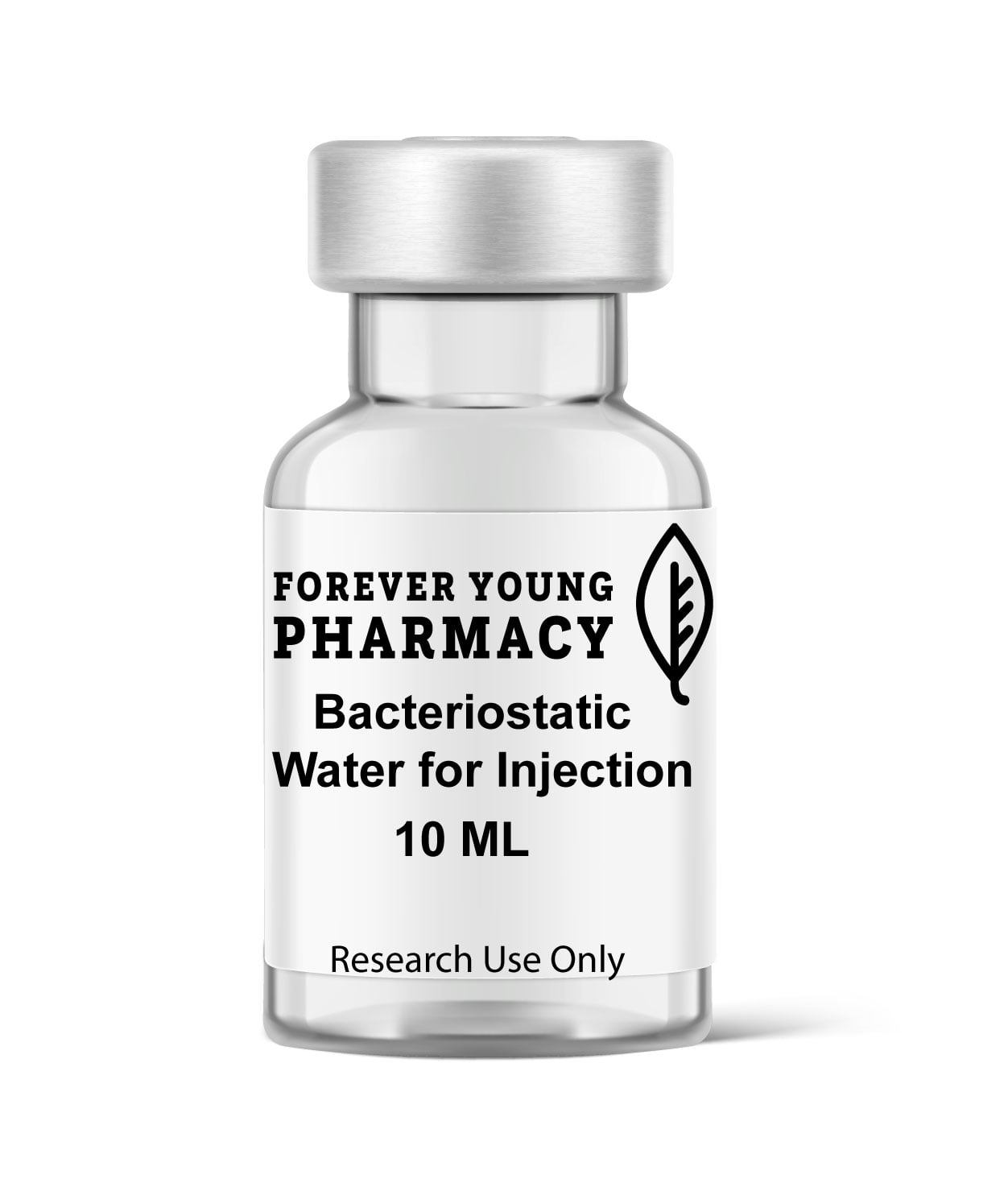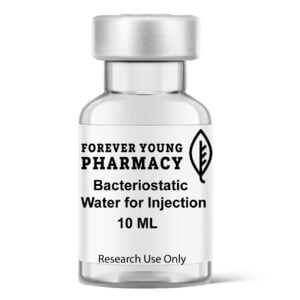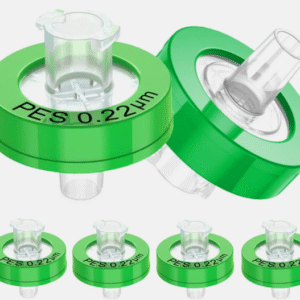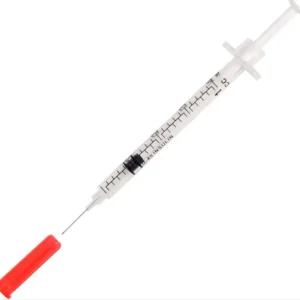Introduction to Bacteriostatic Water
Bacteriostatic water is a sterile solution commonly used in various medical and laboratory research applications. It contains 0.9% benzyl alcohol, which acts as a preservative to inhibit bacterial growth, helping to maintain the sterility of solutions over time.
Applications in Research Settings
In research environments, bacteriostatic water is frequently employed to dilute or reconstitute injectable substances for laboratory use. Its bacteriostatic properties help prevent contamination in multi-dose vials, ensuring safety and consistency during experimental procedures.
Key Research Areas/ Uses
The inclusion of benzyl alcohol in bacteriostatic water extends the shelf life of solutions by preventing bacterial proliferation. This makes it a cost-effective and reliable choice for researchers needing to maintain sterility. Importantly, benzyl alcohol does not interfere with the stability or activity of most substances it is used with in research contexts.
Bacteriostatic water is a vital tool in research and laboratory settings due to its preservative qualities and ability to maintain sterile conditions. Its use supports experimental integrity and safety in various protocols.
Research Use Only Disclaimer:
This product is intended for laboratory and research use only. It is not for human or veterinary use, injection, or consumption. It has not been approved by any regulatory agency for therapeutic or diagnostic purposes.




